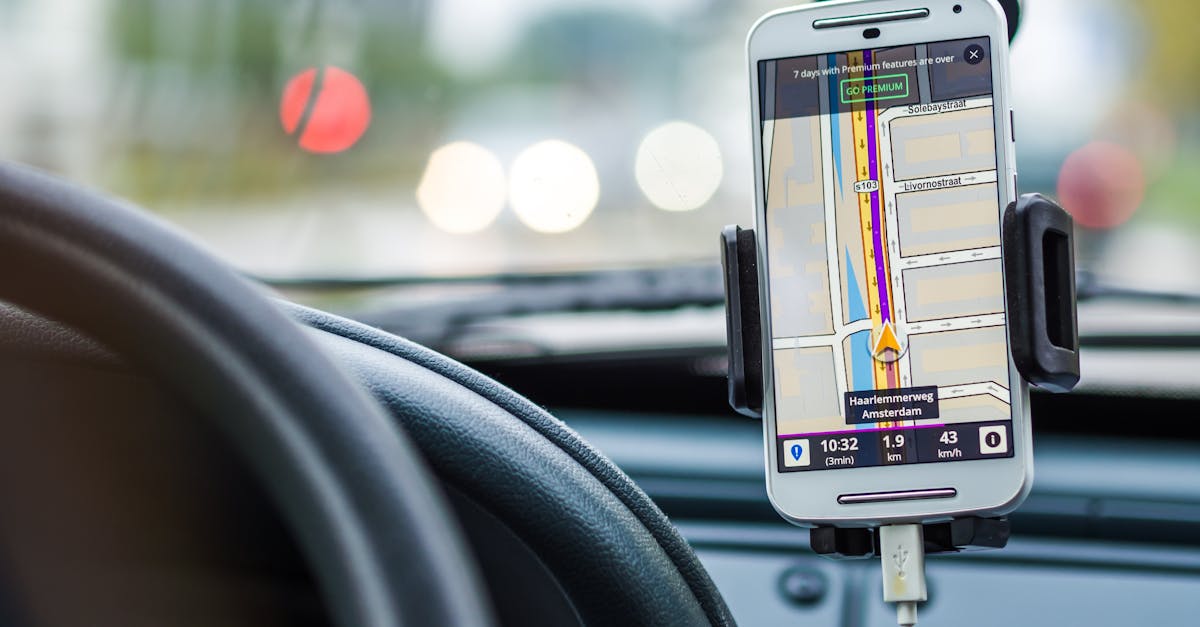
Written by: Alex Chen · Expert in Technology, Personal Finance, Travel
Published: April 26, 2024
We strive to provide well-researched, factual content. If you notice any errors, please contact us.

Global Positioning System, commonly known as GPS, has become an integral part of our daily lives. Whether we are driving, hiking, or even just checking the weather on our smartphones, GPS plays a crucial role in helping us know where we are. In this article, we will explore the wonders of GPS technology and how it has revolutionized the way we navigate the world.
GPS relies on a constellation of satellites orbiting the Earth to provide precise location information. These satellites continuously transmit signals to GPS receivers, which then calculate the receiver's exact location based on the time it takes for the signals to reach the receiver. By triangulating signals from multiple satellites, GPS receivers can pinpoint their location with remarkable accuracy.
The applications of GPS are vast and varied. From guiding us to our destination in unfamiliar cities to tracking our fitness activities, GPS technology has countless uses. In the transportation industry, GPS is used to optimize route planning, monitor vehicle locations, and enhance overall efficiency. For outdoor enthusiasts, GPS devices enable accurate mapping, geocaching, and location sharing with friends and family.
One of the primary advantages of GPS is its unparalleled accuracy. Whether you are navigating through dense forests or bustling city streets, GPS can guide you with remarkable precision. Additionally, GPS is incredibly versatile, with devices available for a wide range of activities, from aviation to marine navigation. GPS is also highly reliable, with continuous satellite coverage ensuring that you always have access to accurate location information.
While GPS technology is undoubtedly impressive, it is not without its challenges. One of the main limitations of GPS is its dependence on satellite signals, which can be obstructed by tall buildings, dense foliage, or adverse weather conditions. In such instances, GPS accuracy may be compromised, leading to potential navigation errors. Furthermore, GPS signals can be susceptible to interference, whether intentional or unintentional, which can disrupt the functionality of GPS receivers.
As technology continues to evolve, so does GPS. The future of GPS holds exciting possibilities, from enhanced accuracy and reliability to improved signal strength and coverage. With advancements in satellite technology and receiver design, the next generation of GPS systems promises even greater precision and usability. Whether you are a seasoned traveler, a tech enthusiast, or simply someone who wants to know where they are, the future of GPS is sure to impress.
In conclusion, GPS has revolutionized the way we navigate the world, providing us with accurate location information at our fingertips. Whether you are exploring new places, staying active, or simply finding your way home, GPS technology has become an indispensable tool in our daily lives. By understanding how GPS works, its applications, advantages, challenges, and future developments, we can fully appreciate the incredible capabilities of this innovative technology.

Written by: Alex Chen · Expert in Technology, Personal Finance, Travel
Published: April 26, 2024
We strive to provide well-researched, factual content. If you notice any errors, please contact us.